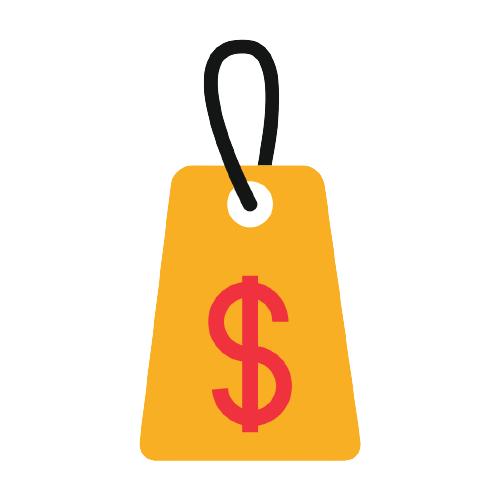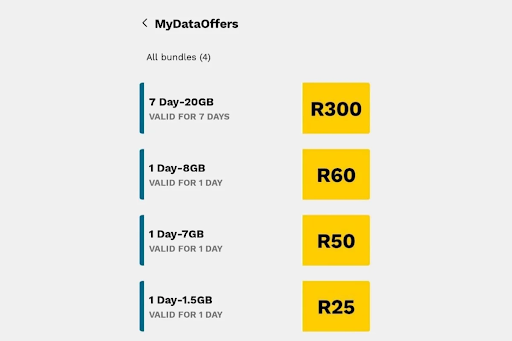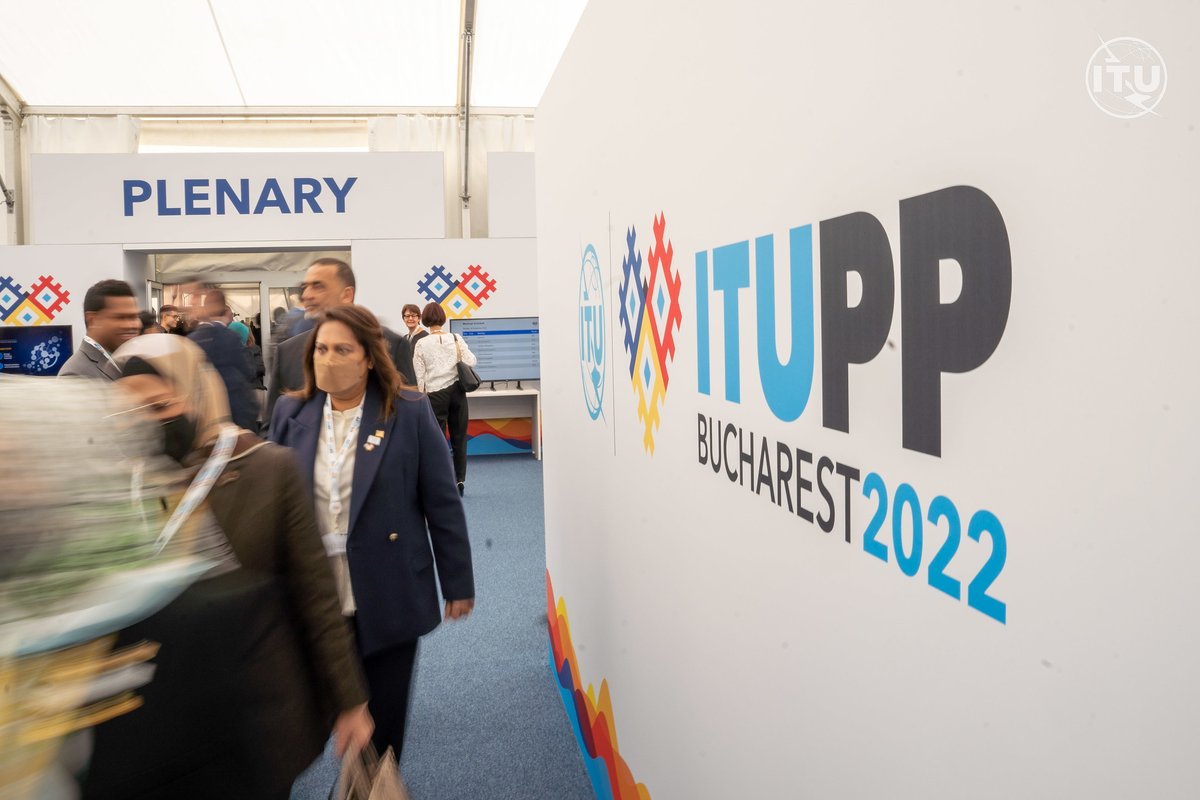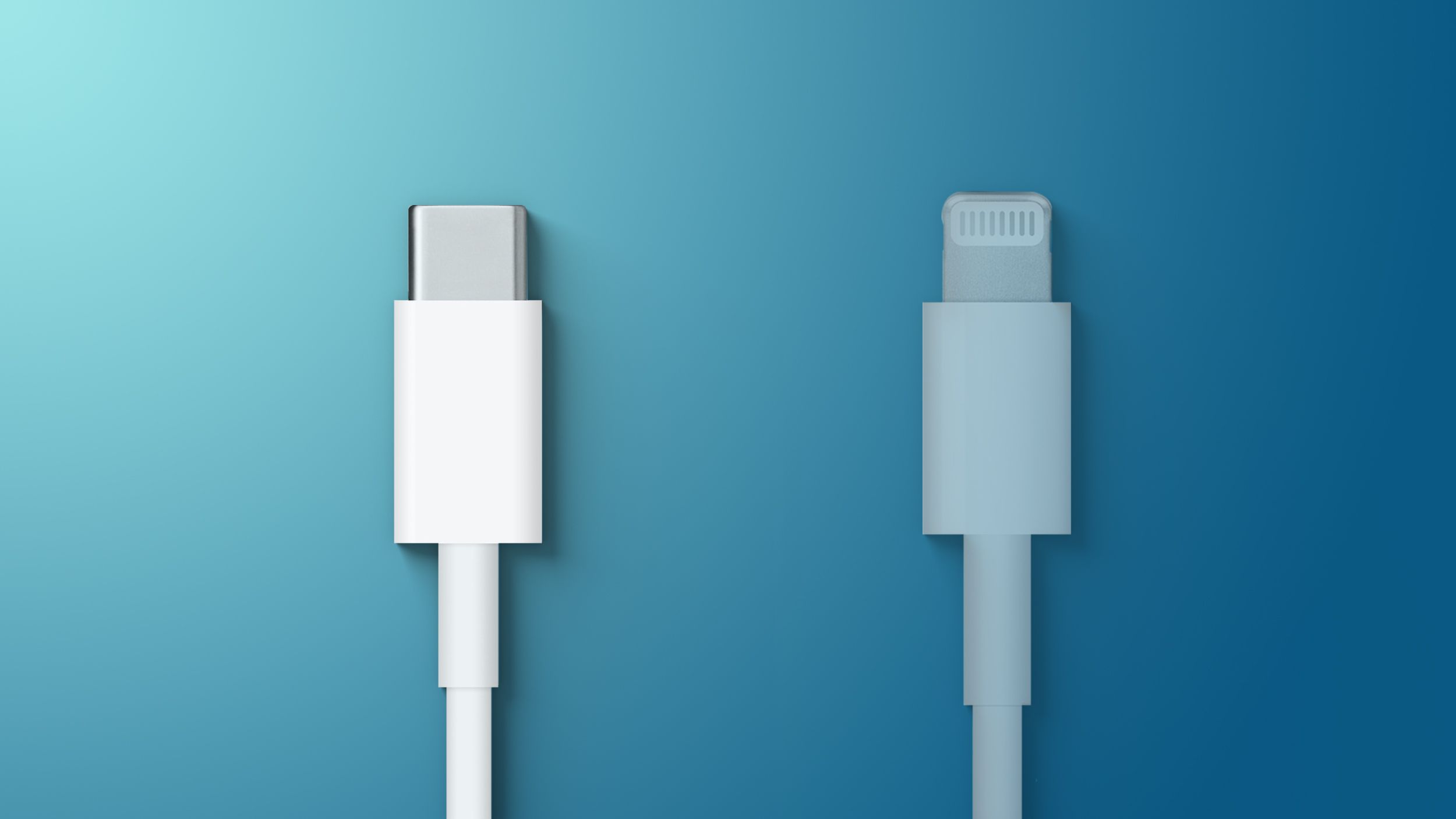
IN PARTNERSHIP WITH

Good morning ☀️
We’re still on the hunt for data.
We’ve been collecting data to evaluate the average salary of tech professionals across different roles in Nigeria’s tech ecosystem. And we’ve gotten insightful responses so far in our quest to create a data resource on how much Africans in tech actually earn.
Do you work in tech as a writer, software developer, data analyst, business analyst, or even SEO specialist? Are you at entry, intermediate, or senior level?
We’re not picky. We just want everyone to tell us how much they earn so we can use your data to tell relevant stories. It’s completely anonymous, tell us how much you earn.
CRYPTO MARKET

|

|

|
|---|---|---|
|
Bitcoin 
|
$20,354 |
+ 4.09% |
|
Ether 
|
$1,361 |
+ 3.11% |
|
BNB 
|
$297 |
+ 3.77% |
|
Solana 
|
$34.29 |
+ 3.49% |
|
Cardano 
|
$0.43 |
+ 2.25% |
|
|
Source: CoinMarketCap
|
|
* Data as of 22:15 PM WAT, October 4, 2022.
NIGERIAN GOVERNMENT SUES META FOR $69 MILLION

Nigeria is also having its own advertising issues with big tech companies. The country is suing Meta for illegal exposure.
The Advertising Regulatory Council of Nigeria (ARCON) filed a suit against Meta Platforms Incorporated and its agent AT3 Resources Limited for exposing the country’s residents to unvetted and unapproved advertisements through its Facebook and Instagram platforms.
The publication of unapproved advertisements to the Nigerian market has cost the government millions in revenue. ARCON is seeking ₦30 billion ($69 million) in sanctions for the revenue that Meta’s boycotting of approval made the country forgo.
Aren’t Facebook and Instagram online platforms?
The council insists that even though Facebook and Instagram are online media spaces, their advertising and marketing communications are still subject to the country’s advertisement laws, and these laws demand that Meta’s advertisements are duly vetted by the ARCON.
The lawsuit was filed at the Federal High Court of the country’s capital—Abuja.
Don’t just send money, send money fast. Send and receive money directly to mobile wallets, bank accounts, Barter or through cash pickup with $end.
Visit send.flutterwave.com and do it now!
This is partner content.
SA SANCTIONS MTN FOR MISLEADING ADS
In South Africa, MTN’s one-day data bundles are not lasting for a day.
According to MyBroadband, Christo Boshoff, an MTN user, complained to South Africa’s Advertising Regulatory Board (ARB) that the mobile operator was advertising ambiguously and often misleading customers regarding the duration of their one-day data bundles. The one-day bundles are advertised within its app without a clear indication of when they expire.
Boshoff’s MTN story
“Boshoff bought a one-day 2.5GB bundle, expecting that it would last 24 hours. Instead, the user, after a call with MTN, was told that the data was only valid for the day he purchased it. This means that the one-day data bundles, regardless of when they were purchased, expire at 11:59 PM on the day of purchase.

Is this a norm in SA?
There are other major mobile operators that offer data bundles which last only until midnight. Usually, they clearly indicate that their daily bundles expire at midnight. For example, Vodacom calls such offerings “Until Midnight” bundles while Cell C calls theirs “Till Midnight”.
What will happen now?
The ARB to whose court the case was brought has ruled that MTN’s advertisement was indeed misleading and in violation of Clause 4.2.1 of Section II of the Code of Advertising Practice. Even though MTN had refused to interact with the ARB when the case was filed, the company accepted the ruling and affirmed that it will remove such ambiguities from its advertisements.
ZIMBABWE WINS KEY POSITION AT THE ITU

A lot of people know the UN as that apex international body that spearheads development and tries to maintain peace on earth. But another interesting role the UN plays in our world is that through one of its agencies, the International Telecommunications Union (ITU), it enforces global regulation of information and communication technologies.
The ITU has recently concluded its elections for its leaders, who will serve from 2023 to 2026. Thirteen African countries made it into its 48-council member states while one country, Zimbabwe, won the seat for the Director of Telecommunications Development Bureau, beating representatives from Cameroon, The Gambia, Congo Brazaville, the Bahamas, and Pakistan. This will be the first time Zimbabwe is winning an elective seat in any United Nations organ.
The thirteen African countries elected into the council member states include Kenya, Ghana, Egypt, Tanzania, Algeria, Morocco, Senegal, Nigeria, Tunisia, Mauritius, Uganda, Rwanda, and South Africa.
Considering how tedious the election—with three rounds of voting—we’d say congratulations are in order for our African comrades.What does the ITU really do?
The ITU is a really old body, originally established in 1865 as the International Telegraph Union (telegraphs were the in thing then) to guide cross-border communication between 20 European countries.
The ITU became more powerful as the world became more digital, eventually morphing into an agency that creates policies that guide the ICT space, including mobile phones, radio spectrum, satellites, and the free internet we all use. It became a UN agency in 1947.
Fun fact: Country codes like +234, +44, +27, and +254 etc were all allocated by the ITU.
Is this any good for Africa?
A lot of good, if you ask us. Africans occupying a majority seat in the ITU’s council brings the continent global attention and plants African experts in the heart of global decision-making.
Already, countries like China have been lobbying the ITU to adjust international internet policies to give governments more dictatorial control over the internet in their countries, but that has been kicked against. Now, more African leaders can say no to such moves.
ELON MUSK PROPOSES TO BUY TWITTER AGAIN

After months of back and forth, and a looming lawsuit, billionaire Elon Musk has once again proposed to buy Twitter.
Yesterday, trading for Twitter shares halted after news that Musk had once again offered to buy Twitter at his initial offering price of $54.20 per share.
We’ve heard this before
In April, after declining to join Twitter’s board, Musk offered to buy the platform for $44 billion. He offered all shareholders $54.20 per share, 38% more than the $45.85 per share it was a week before he made the offer.
While the Twitter board initially agreed to the deal in April, shareholders hadn’t made a decision yet.
In the months following the board’s decision, however, Musk and Twitter experienced a sticky situation that ended with Musk pulling out and Twitter suing Musk. Twitter reported that 5% of its 229 million users are spam bots, but Musk argued, in May, that the percentage of spam bots on the platform is as high as 20%. This is especially a problem for a social media platform like Twitter where 90% of its revenue comes from advertisement. An audience with ⅕ of spam bots doesn’t make for very good financial services.
Musk pulled out in July, citing Twitter’s alleged dishonesty as his reason.
Twitter sued and the duo are presently embroiled in a legal case at the Delaware Court of Chancery, with a trial expected to begin in mid-October.
Up until last week, the billionaire was still trying to rid himself of Twitter. In September, he sent another letter to the United States Securities and Exchange Commission (SEC) in his third attempt to terminate the deal.
And now?
Something seems to have spurred his interest in Twitter again. No one knows what yet but Twitter’s shareholders, last month, finally agreed to Musk’s April offer. Experts also speculate that Twitter’s lawsuit against Musk is strong, and the billionaire would have a hard time proving his claims against the social media giant.
Increase your online sales with a Paystack Storefront – a free, beautiful seller page that helps you bring creative ideas to life.
👉🏾 Learn more at paystack.com/storefront.
This is partner content.
ONE CHARGER TO RULE THEM ALL

The fight for diversity may be coming to an end in Europe—at least for smartphone chargers.
What’s up?
There are too many charger types, and Europe wants to pull the plug on it.
Yesterday, the European Parliament approved a new law requiring everyday electronic devices sold in the European Union (EU) to use USB-C charging ports.
By 2024, the parliament expects that any device within Europe with a power delivery of up to 100 watts—including smartphones, tablets, speakers, video games—should have the same charger. By 2026, the requirement will extend to laptops.
This means goodbye to Apple chargers, USB B cables and pesky chargers that are hard to find.
The decision comes almost 8 years after the initial push by the parliament. Since 2014, the parliament has been pushing for one charger to rule all devices but nothing major was done until September 2021 when a legislative proposal was formally tabled.
Zoom out: The EU’s decision comes at a crucial time when manufacturers like Apple have started commodifying accessories to phones. Chargers are being sold separately and this leads to consumer frustration and extra costs for devices that already cost way too much. The parliament’s decision isn’t final yet—the Council will have to formally approve it—but when it does passes, it’s slated to save consumers globally up to €250 million ($249 million) per year.
GAME: GUESS THE WORD

If you enjoyed Wordle, you’ll love this game. Guess the word for today. Here is a clue: dough.
IN OTHER NEWS FROM TECHCABAL
How mobile money is transforming financial services in francophone Africa.
Spleet raises $2.6 million seed round to provide rent financing across Africa.
Africa’s venture funding to hit $7 billion in 2022.
Talk360 secures $3 million in seed funding extension.
OPPORTUNITIES
- Applications are open for the UK Research and Innovation African Research Leaders’ Programme. Talented researchers in sub-Saharan Africa leading quality health research in the region can apply to get up to £750,000 in funding. Apply by December 1.
- AWS She Builds—a community program with over 25,000 women around the world—is accepting applications for its cohort-based program which prepares women for Amazon’s AWS Solutions Architect Certification and provides sponsored exam vouchers valued at $150. Apply here.
- If you want to be a web3 developer, apply for Polygon Bootcamp Africa, an 8-week intensive educational course and hackathon combo. Apply by October 7.
- Growth4Her, a 6-month investor readiness accelerator Program for women is currently running cohorts in Cameroon and Nigeria. Application is open to at least 15 and at most 25 women. Apply here by October 7.
What else is happening in tech?
- Kenyan government lifts ban on GMO importation and consumption.
- Alvative, the brainchild of ex-Paystack Integrations Lead, Ik Obi, is making a case for hiring junior developers.
- KCB partners with EV maker BasiGo Kenya to finance electric PSV buses.
- MultiChoice launches aggressively priced uncapped fibre, DStv bundles.



























